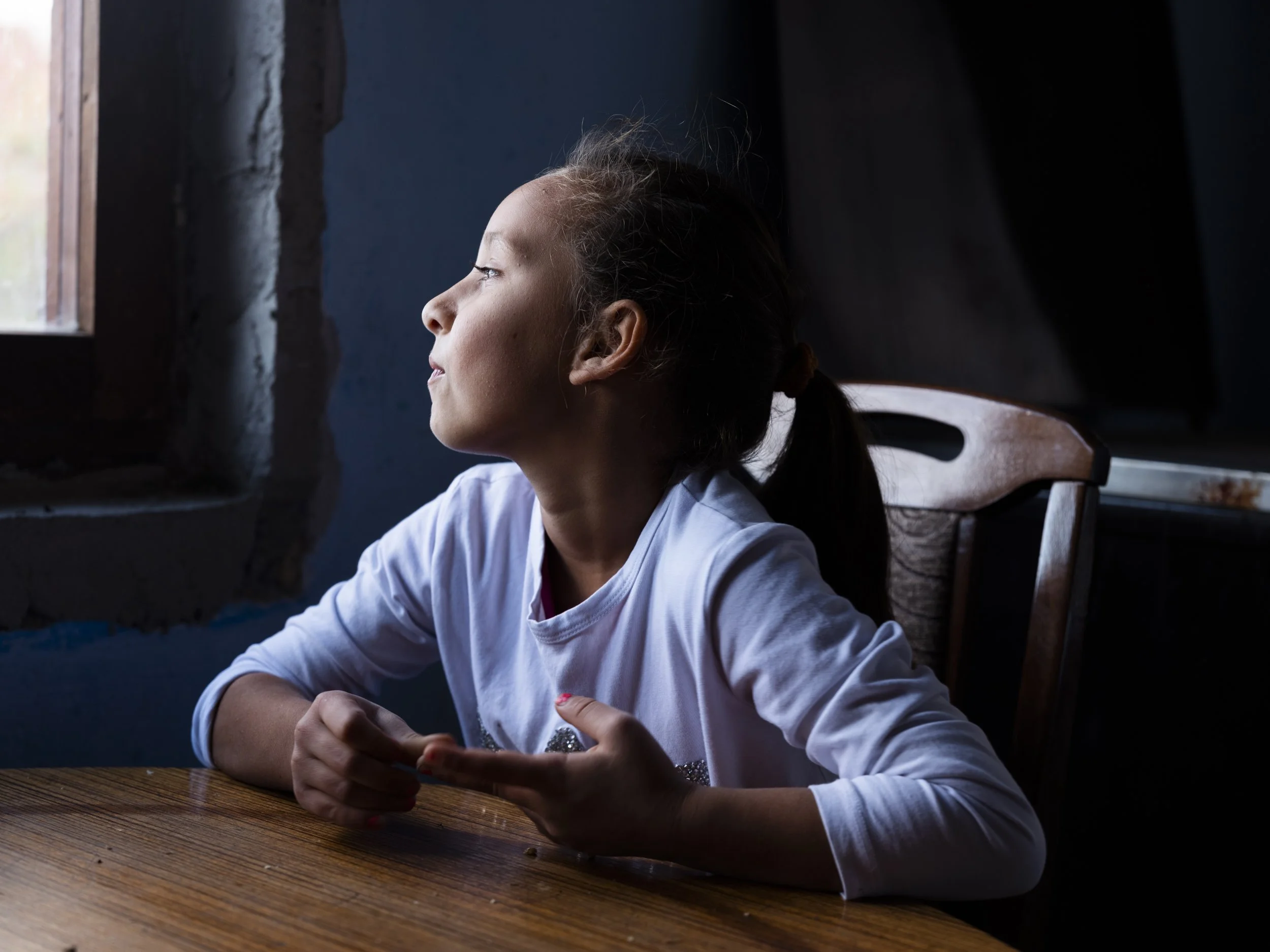Sunçica, Gilbana, Balkaza, Daliborkha & Marija
I was looking for a way to tell a story that would advocate the need for a rigorous discussion on how we should rethink the distribution of commonly shared but finite resources and services, and the need to confront our limitations on inclusivity.
Where does distribution or re-distribution happen?
I came across one project, the Dweller Driven Upgrading of Roma Settlements, run by the charity HEKS and their Serbian partners EHO, that takes a more holistic approach. It helps Roma families upgrade their existing, substandard domiciles, step by step, by themselves. From initial application to actual construction, the families are in an active position. Once the application is approved, the municipality must supply deeds to the land and provide access to water, electricity, and sanitation.
The project’s innovative and intricate structure has a strong emphasis on overall transparency and individual responsibility. It is clear from the beginning what is on offer, everyone can apply and the decision for allocation is openly discussed at a public meeting. The exchange of help, potentially creating dependency and expectation, is carefully considered and provides real incentive for the different stakeholders – Roma families, the surrounding communities, and the municipality – to work together.
Roma are the third-largest minority group in Serbia. Their existence and way of life within the Balkans is longstanding, complex and challenging. While I was researching this story (2018) the UN released a statement of concern about the Roma’s exclusion, inequitable access to education, housing, employment, and legal protection within Serbia specifically. In Serbia alone there are more than 600 settlements without access to essentials, like water, sewage, and electricity. It is concerning to see how often they live on the margins of society, subject to widespread discrimination and poverty. The hope is that the interaction taking place within the “Dweller Driven Upgrading of Roma Settlements” potentially creates new perspectives and a new understanding of each other’s lives.
While staying with these families, I realised that above all longstanding poverty is so much more eroding than I had ever understood. It slowly seeps into every aspect of life. It corrodes one option for improvement after another, until the person is rendered truly powerless.
From the small tooth infection left untreated because there is no money, which potentially is leading to a disfiguring abscess, to the more mundane but daily invasion of fleas: the experience is often that of a hostile environment, natural and man-made by design. I wonder about the interplay of control and success in our societies and the value we attach to individuals who exert dominance over their environments. Is its mastery a requisite to integrate well into the mainstream? If so, then we as societies become the poorer for it.
Having experienced some of these mechanisms first hand when I was a child, moving between different continents and being excluded as well as having now experienced them second hand through the time I spend with these families, it is clear to me that here are many and very complex processes at play, but none of them could not be improved with a softer stance on inclusion, one that is driven by curiosity rather than defensiveness.
In this edit here on my website, I decided to focus on the women I have met; Sunçica, Gilbana, Balkaza, Daliborkha & Marija. I am in awe of their resilience, wit, strength, and love with which they seek to transform their families’ lives. I am hugely grateful that they welcomed me into their lives. Thank you!
This body of work was exhibited at “Marginal”, a group exhibition at the Re-Centre in Hammersmith in 2019.










































